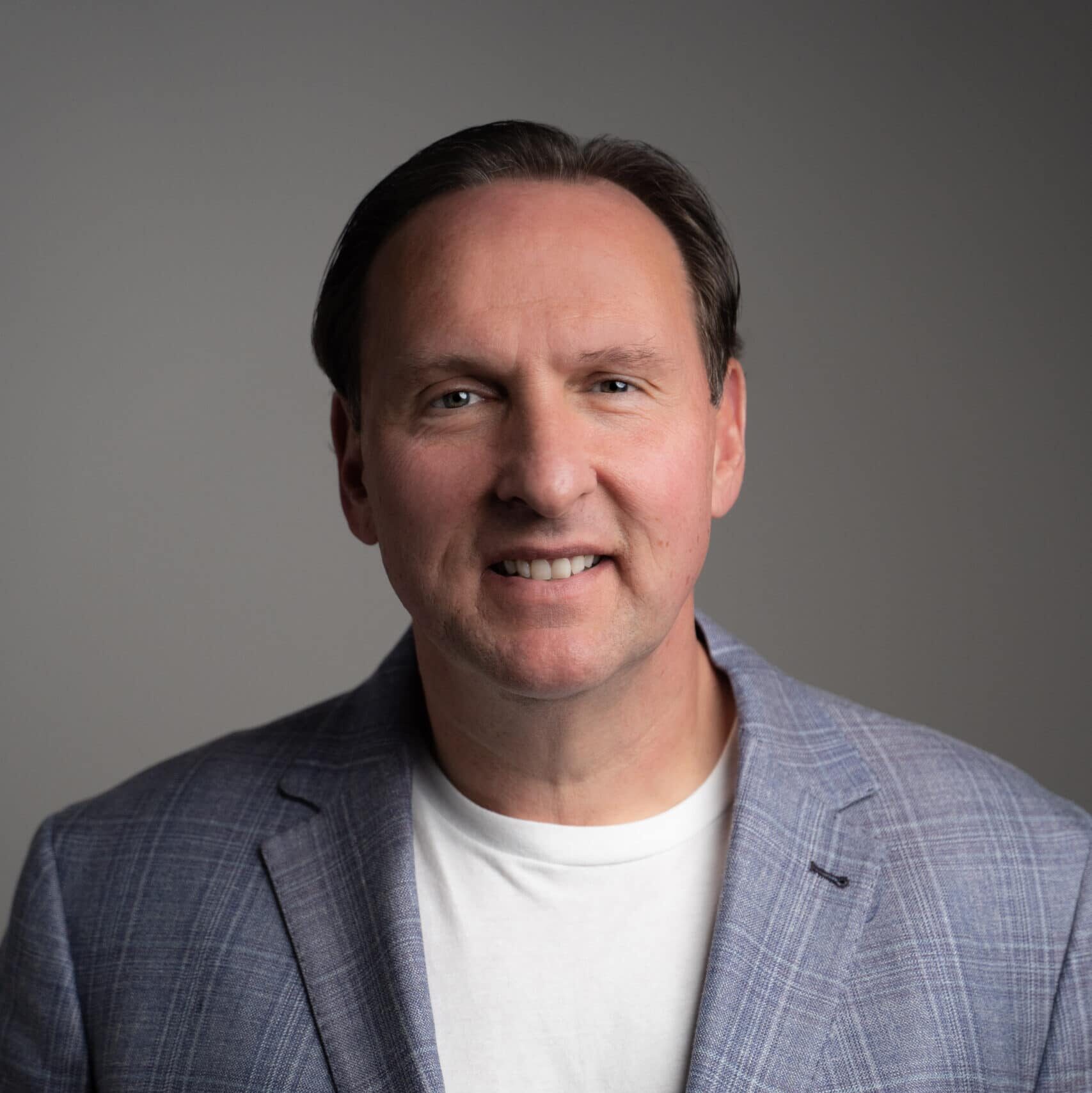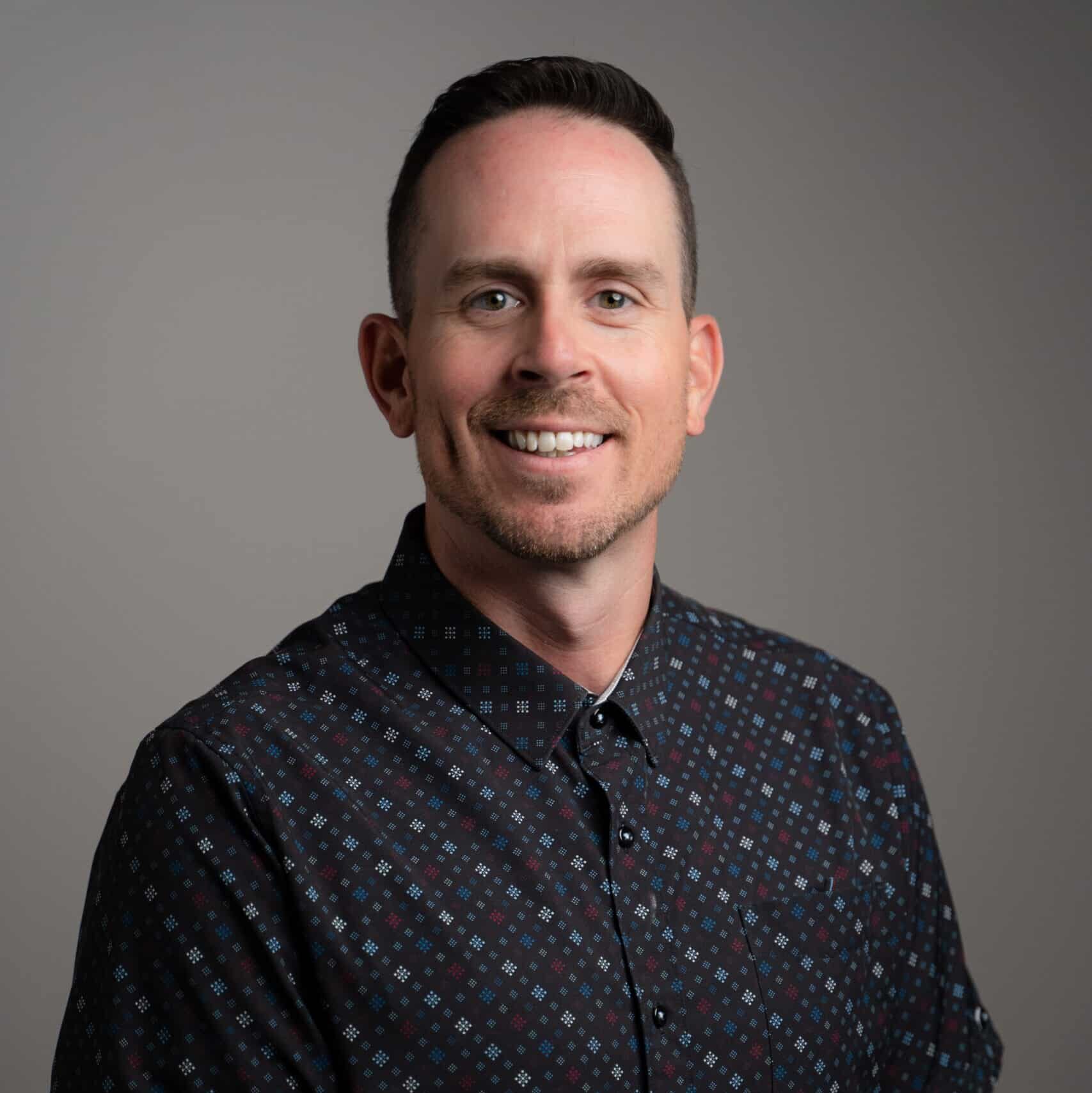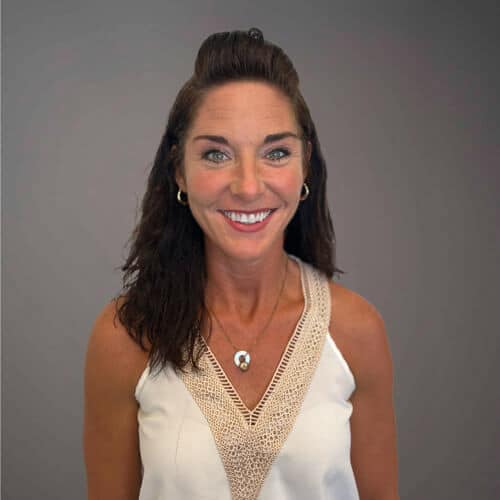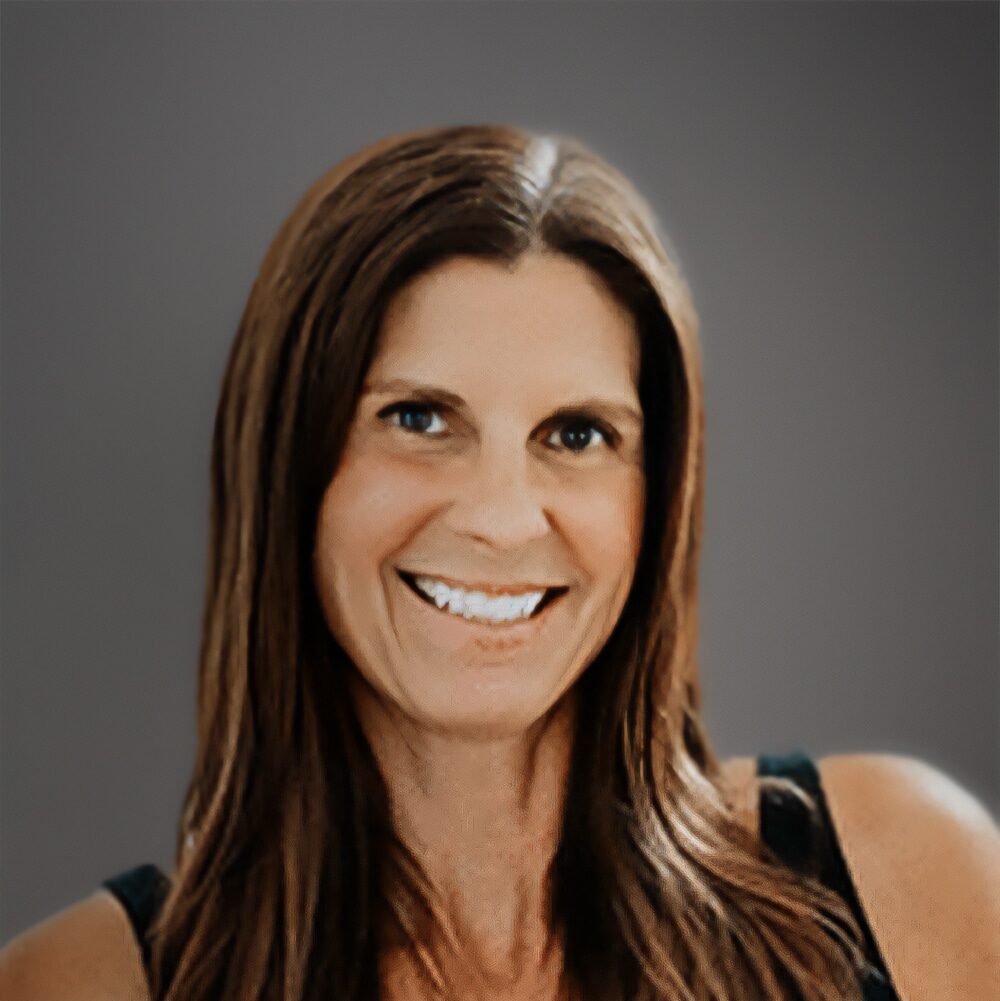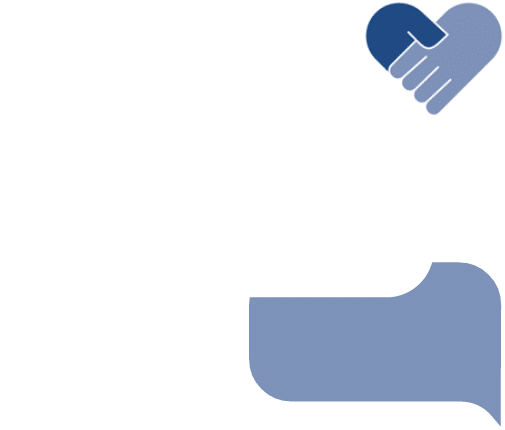Our Team of Professionals is Committed to helping families and their loved ones in Washington with our Mental Health and Addiction Intervention Services
Through our S.A.F.E.® (Self Awareness Family Education™) Intervention and Family Recovery Coaching Program, we provide Intervention Services and support in Washington and the Pacific Northwest before, during, and after the addiction and mental health intervention
After completing the face-to-face intervention, addiction, and Mental Health Disorder Interventions are the most challenging. Whether your loved one accepts help or declines help, change happens. Families in Washington have access to many addiction and mental health professionals. The resources in Washington and Nationwide are scarce regarding intervention services that cover the entire process from start to finish. Interventionists who will only try to talk your loved one into treatment are everywhere. Interventionists with a whole team of professionals, including intervention coordinators and family recovery coaches, are few and far between. When considering an intervention services company in Washington State, please ensure you are not overpaying for an uninsured person in recovery whose only focus is a paid twelve-step call. If they are only a one or two-person operation, they cannot assist you afterward, regardless of their promises.
Families are turned upside down during addiction and mental health problems. After the intervention, the family will get worse before they get better, even when your loved one accepts help. When your family is without the necessary resources, there is a good chance they will revert to the old ways of going about things and compromise your loved ones’ outcome. To believe all you need to do is get your loved one help and that your family needs little to no support for themselves only focuses on half of the affected people. Case study after case study shows that when families enter recovery for themselves, it increases the opportunity for successful outcomes for their loved ones over time. In addition to expanding the opportunity for a successful outcome for their loved one, it ensures the family has a successful outcome, regardless of what their loved one with an addiction or mental health disorder decides to do. We have an entire staff here to help before, during, and after the intervention with the turbulence you will experience. The quicker we get the family on a path to recovery, the faster they regain control of their lives and can make better decisions.
An intervention is not about how to control your loved one with a substance use or mental health disorder; it is about learning how to let go of believing you can.
How are S.A.F.E.® Intervention & Family Recovery Coaching Program for Addiction and Mental Health is performed
The process starts with the initial call or inquiry into our office. After the intervention logistics and a treatment plan is determined based on professional addiction and mental health assessments, we come to you in Washington State, or anywhere else you request. The face-to-face intervention happens the day after the family preparation on day one. This process may seem familiar if you have spoken to other interventionists in Washington State or elsewhere. Our addiction and mental health intervention services are different after the second day. Regardless of the outcome, the family is prepared and guided by our S.A.F.E.® Curriculum. We have an orientation at the beginning, and after that meeting, the family is assigned to one of our Family Recovery Coaches’ schedules based on specific criteria. You can access several groups with other families during the week in addition to your private weekly family sessions, which only your family attends. All the members in the additional groups will be going through the same experiences as your family.
While you’re excelling and growing in your weekly groups and building your support network with our guidance, we will meet once a week and as needed with your loved one’s treatment team. With this information, we can draw out any discrepancies that may be occurring. What they tell the treatment center and how they act toward their family may be different. This approach allows us to help your loved one and the family move towards a discharge plan considering all those who have been and will be affected. Families who engage in this process achieve far greater results than those who do not. The loved ones with an addiction and mental health disorder see improved outcomes for themselves when their family is involved and working on themselves. A one or two-person intervention team can not offer this, nor are they able to offer our exclusive S.A.F.E.® Curriculum even if they had the resources to deliver aftercare services.
Interventionists in Washington State, The Pacific Northwest, and the rest of the United States
When considering an intervention, please remember the family’s recovery is at least as important as your loved ones. Just because someone calls themselves an interventionist doesn’t mean they can deliver all an intervention entails. If your only goal is for your loved one to go to treatment for the first or the tenth time, then have someone come who will only attempt to talk them into treatment and leave immediately afterward. If your family is at their bottom and ready for help regardless of whether or not your loved one accepts help, then your family needs a team of professionals to guide them through the process.
If your only goal is to have someone come talk to your loved one, you do not need to pay an interventionist for that because that is not an intervention. If that is all you want, we suggest you attend an open, not closed, Alcoholics or Narcotics Anonymous meeting and ask some people there to do a twelve-step call; those are free.
“Many interventionists try to play therapist and clinician while adding on family recovery and coaching services. None of these interventionists is qualified or licensed to do that. Interventionists must stay in their lane after the person accepts help. The best outcomes come from your loved one’s treatment team and the treatment center’s family program. If you choose an interventionist who offers support services after a successful intervention, it will create friction and discrepancies in your loved one’s treatment; we have gone down that road, and it does not work.”
Mike Loverde, MHS, CIP

